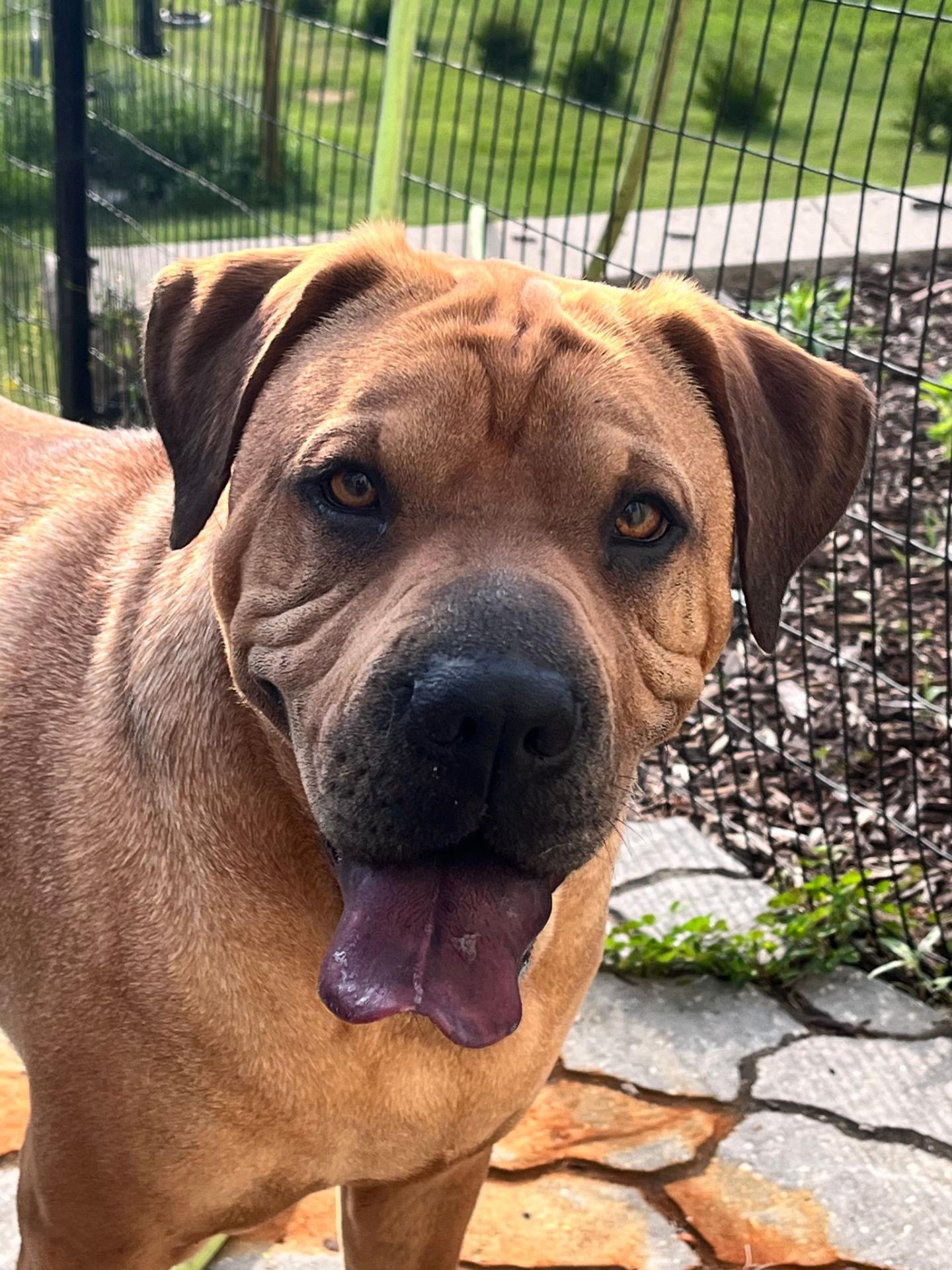Shar-Pei fever is a hereditary condition that primarily affects the Chinese Shar-Pei breed. This breed is known for its distinctive wrinkled appearance. Shar-Pei fever is characterized by recurring episodes of fever and inflammation, typically accompanied by swelling in the hocks (rear ankles) and other joints.
Genetic Basis
The condition is believed to have a genetic basis, and it is more common in purebred Shar-Pei dogs. The fever episodes are thought to be associated with an abnormality in the dog's immune system.
Symptoms
Fever, lethargy, and swelling in the hocks. The fever episodes can last for a few days and may recur periodically. In severe cases, amyloidosis (a condition where abnormal proteins build up in organs) may develop, leading to more serious health issues.?
Diagnosis
Typically based on clinical signs, such as recurrent fevers and joint swelling. Genetic testing may also be performed to identify dogs that carry the genetic mutation associated with this condition.
Treatment/ Lifestyle Management
Treatment involves managing the symptoms and providing supportive care during fever episodes. Non-steroidal anti-inflammatory drugs (NSAIDs) may be prescribed to reduce inflammation and alleviate pain. In some cases, colchicine, a medication commonly used in human medicine for certain inflammatory conditions, may be recommended.
While there is no cure for Shar-Pei fever, affected dogs can lead a relatively normal life with proper management. It's important for Shar-Pei owners to work closely with their veterinarians to manage the condition and provide the best possible care for their pets. If you suspect that your Shar-Pei is experiencing symptoms of Shar-Pei fever, it is crucial to seek veterinary attention promptly for an accurate diagnosis and appropriate treatment.
Resources: vin.com, ChatGPT
